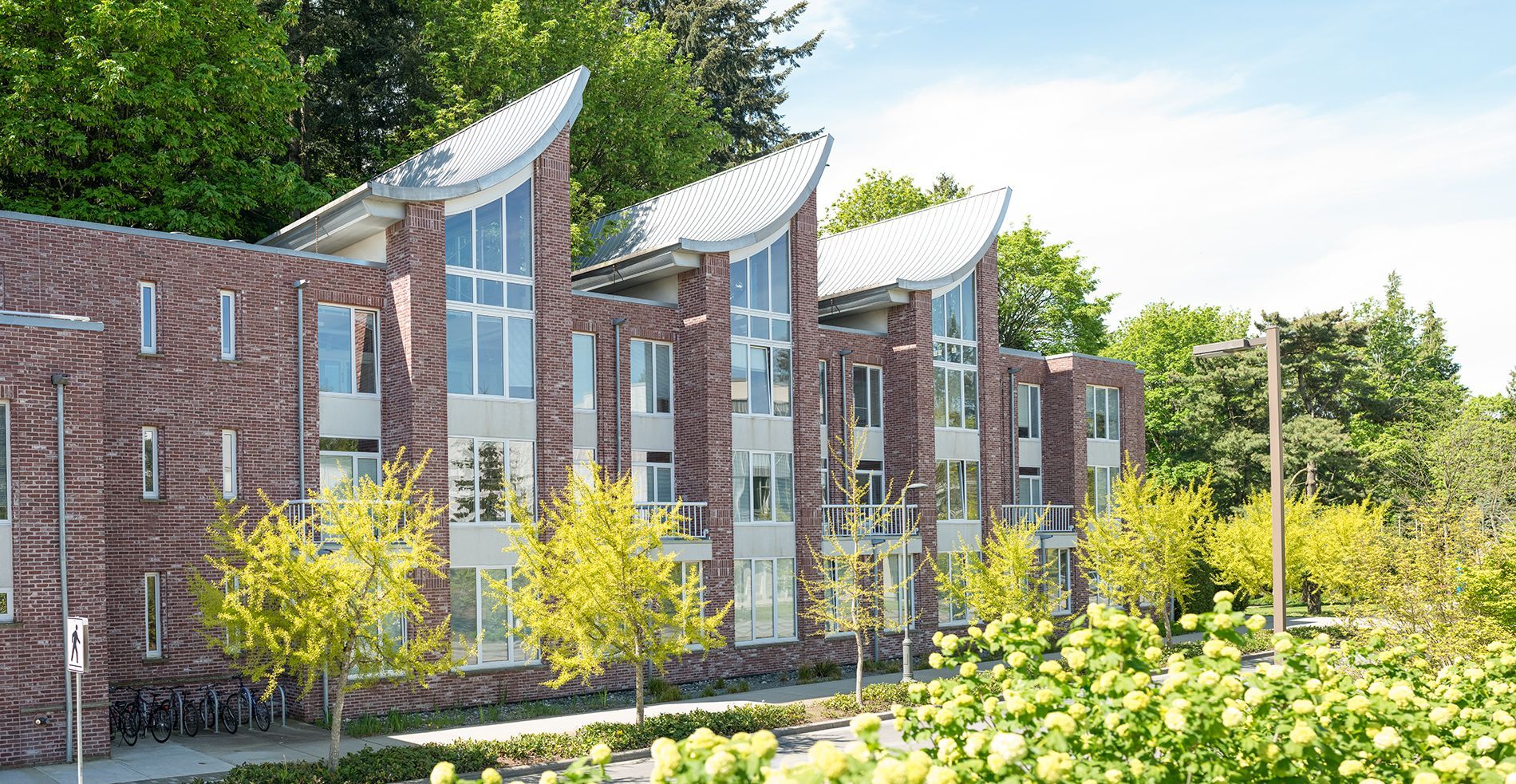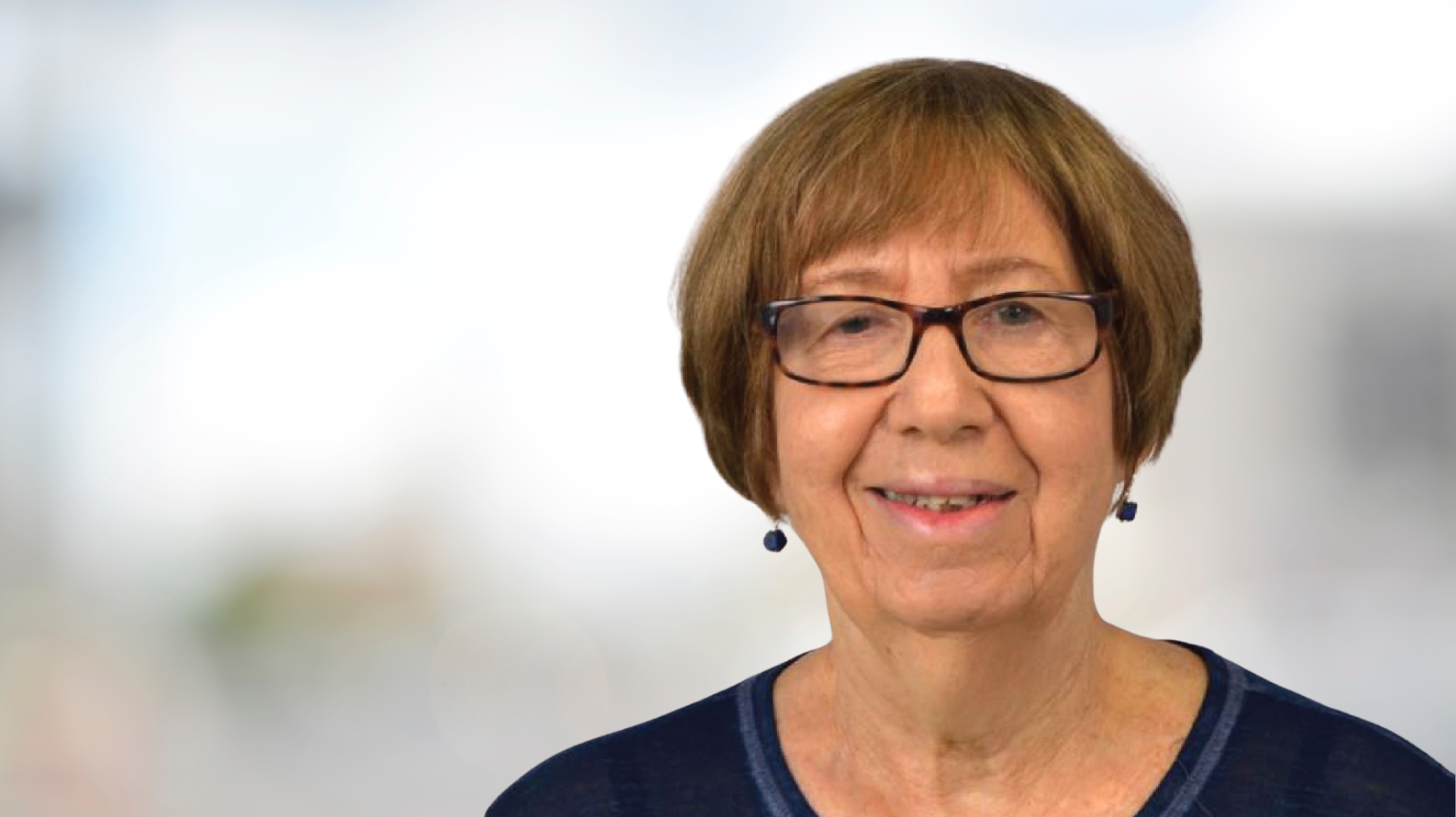BEYOND BORDERS supports research about borders and boundaries in past and present times. It promotes interdisciplinary exchange in the social sciences and humanities.
The Call for Applications 2022 is open till 1 March 2022 and focuses on “Borders, Migration and Knowledge”.
Borders are an integral part of our everyday life. Political, social, virtual, intellectual, and cultural borders are hotly contested, both in international contexts around issues of migration, security, trade, or global education and within nations trying to deal with increased diversity and changing notions of national culture and history. Geographical borders separate states, regions, and cities. They mark the breadth and depth of territorial organization while informal symbolic and social boundaries define values and norms for social, cultural, and religious life. All types of borders can be conceived as social constructs: They may refer to cultural and historical backgrounds, result from international treaties or political negotiations or reflect public debates on controversial topics.
In our increasingly globalized world in which human mobility and the constant circulation of goods, objects, ideas and practices are also an integral part of everyday life, the importance of border making and crossing is growing. Borders and cross-border regions function therefore as manifestations of social, political, economic, and cultural change.
Focus 2022: Borders, Migration and Knowledge
The migration of people is intimately connected to the migration of knowledge and culture.
However, strong international borders still define what is considered national literature, art, or history and which artists, writers, and thinkers from which parts of the world gain global recognition. We invite project applications that explore how national and international canons are produced and changed. Under what conditions do knowledge and culture circulate easily, and when are they blocked? What powers and interests are served when canons are defined? How do museums, universities, archives, and libraries change when traditional intellectual and cultural power centers are displaced or decentered?
Questions concerning borders, migration, knowledge production and circulation as well as social and cultural transfers across nations are the focus of the current call for applications for Ph.D. scholarships. We encourage applications for projects concentrating on following aspects, although other topics will also be considered:
– trajectories of migration and mobility of cultural and intellectual production,
– social and cultural dimensions of borders,
– cultural borders and their manifestation in arts and cultural production,
– circulation of ideas and knowledge,
– the changing understanding of the “national”,
– transnational and global cultural institutions and canons,
– decolonizing decoloniality – what is a decentered approach to producing, disseminating, teaching about and acting upon knowledge in more equitable ways.
We invite applications from Ph.D. students worldwide studying borders and bordering phenomena in different regions of the world. Both empirical research based on extensive fieldwork and projects centered on theoretical reflection are eligible for support. Innovative and challenging research questions as well as comparative approaches are highly welcome.
Click on the following link to learn more: https://beyondborders.zeit-stiftung.de/


